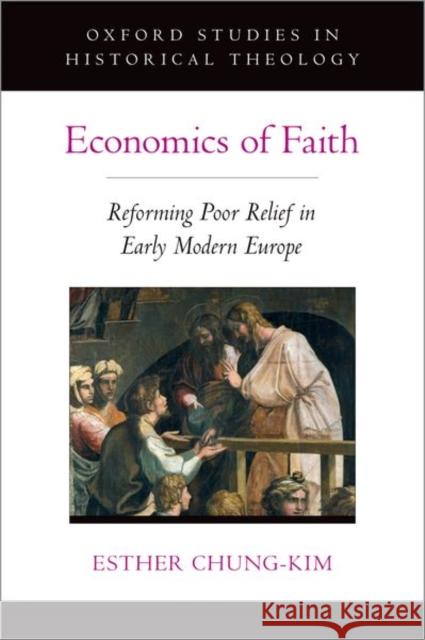Economics of Faith: Reforming Poverty in Early Modern Europe » książka
topmenu
Economics of Faith: Reforming Poverty in Early Modern Europe
ISBN-13: 9780197537732 / Angielski / Twarda / 2021 / 272 str.
Economics of Faith: Reforming Poverty in Early Modern Europe
ISBN-13: 9780197537732 / Angielski / Twarda / 2021 / 272 str.
cena 461,01
(netto: 439,06 VAT: 5%)
Najniższa cena z 30 dni: 359,45
(netto: 439,06 VAT: 5%)
Najniższa cena z 30 dni: 359,45
Termin realizacji zamówienia:
ok. 30 dni roboczych.
ok. 30 dni roboczych.
Darmowa dostawa!
Kategorie:
Kategorie BISAC:
Wydawca:
Oxford University Press, USA
Język:
Angielski
ISBN-13:
9780197537732
Rok wydania:
2021
Ilość stron:
272
Waga:
0.61 kg
Wymiary:
23.62 x 15.75 x 2.54
Oprawa:
Twarda
Wolumenów:
01
Dodatkowe informacje:
Bibliografia
Wydanie ilustrowane
Wydanie ilustrowane











